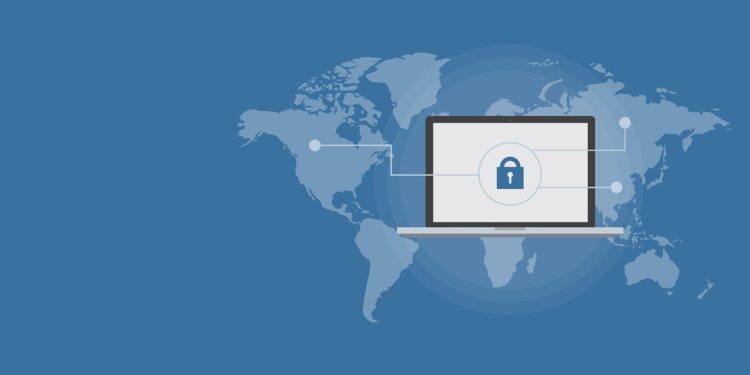What is torrenting?
Torrenting is a great way to share and download movies, music, software but there are risks involved if you don’t take appropriate safety measures. You could accidentally get viruses or copyrighted material on your computer which could land you in trouble. Plus anyone in the torrent swarm with access can see what IP address is being used.
How to ensure security while P2P torrenting online in 2022
Torrenting can be risky at times and to avoid getting caught by the authorities, you can always use PureVPN to hide your IP address and only download torrents from trusted sources. It is also important that you have effective antivirus software installed on your device because there are certain scammers out there who will try and take advantage of people looking for free movies or music downloads.
Follow the steps below to ensure security while P2P torrenting in 2022 easily:
- Sign up for a PureVPN subscription to hide your IP address.
- Download and install a secure torrent client.
- Connect to a server of your choice .
- Enjoy secure P2P torrenting online instantly.
What about using proxy services for torrenting
In some cases, it’s better to use a proxy service when torrenting. One such example is the Shadowsocks SOCKS5 Proxies which can be installed on your computer or smartphone so that you are able to connect seamlessly without getting blocked by an Internet Service Provider (ISP).
The difference between a proxy and VPN is that with the former you can only change your IP address, but not encryption.
Your ISP can still see you are torrenting and they may slow down your connection. We recommend using a secure VPN rather than proxies for this reason, so that their activity won’t be reported back to them.
Is P2P torrenting legal
While it’s perfectly legal to torrent, the way in which you do so may not be. For instance, sharing copyrighted material without permission can result in fines or even jail time depending on your location and these laws will still apply if we are talking about file-sharing via a decentralised platform like Utorrent.
When you download a torrent, not only are the files being sent to your device but they are also shared with other peers in the swarming community. From an illegal perspective, it means that downloading has been replaced by distributors.
Why do you need a VPN to ensure security while P2P torrenting
There are many ways to stay safe while downloading torrents, but one of the most effective one is using a VPN. A good Virtual Private Network will hide your actual IP address so that the copyright trolls cannot identify you and it also hides any activity on behalf of its users from ISPs as well as network administrators from anywhere.
Avoid ISP throttling
While torrenting large files can disrupt your internet connection and reduce speeds, if you’re not careful, an unprotected web browser could dampen all of that download progress you have made.
When you use a VPN, your electronic identity is hidden from the world. This allows for total anonymity when downloading torrents or engaging in any other illegal activity online – because even if providers throttle your connections due to excessive bandwidth use, they will never know who is behind it.
Accessibility enhanced with restricted content
If you want to access a torrent site but find yourself blocked from doing so, there is an easy way around any sort of content restriction. All that’s necessary and sufficient for getting round these blocks including encryption or region locks on your device. Simply use a VPN to overcome all the hurdles.
When you use a VPN, your IP address and online activities are hidden from those who wish to monitor or restrict them. You can connect securely with another country’s server that has fewer internet restrictions for an exciting new experience.
Conclusion
If you want to download files from the internet quickly and efficiently, then torrenting is a great way of doing so. However there are some things that will get your computer into hot water if not done safely which include downloading lectures or other scholarly material without permission. Using unlicensed software like P2P clients (which can lead backdoored copies onto our machines); accessing pirate sites offering copyrighted content such as movies/TV shows etc. We recommend signing up for a reliable VPN service just once more because it makes sure no one sees what kind of activity you are upto and are protected from all the unforseen trouble.











Thank you for your sharing. I am worried that I lack creative ideas. It is your article that makes me full of hope. Thank you. But, I have a question, can you help me?